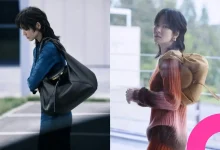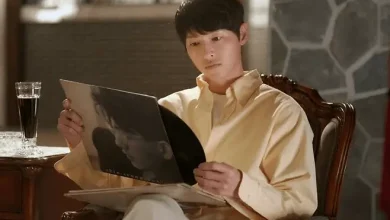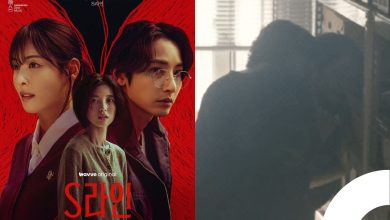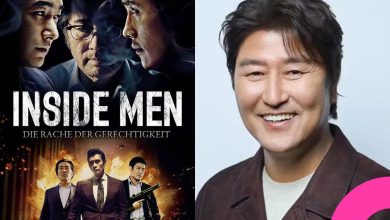Song Hye-kyo Smoking and Swearing While Splashing Holy Water: “Dark Nuns” As K-occult

“Dark Nuns” has ranked first in ticket reservations and has attracted nearly 800,000 viewers within just four days of release. While the occult genre is often seen as niche, Korean reinterpretations have transformed it into a mainstream genre. Eerie, chilling, yet stylish and even invigorating at times, this new world of occult storytelling is uniquely Korean style often referred to as K-occult.
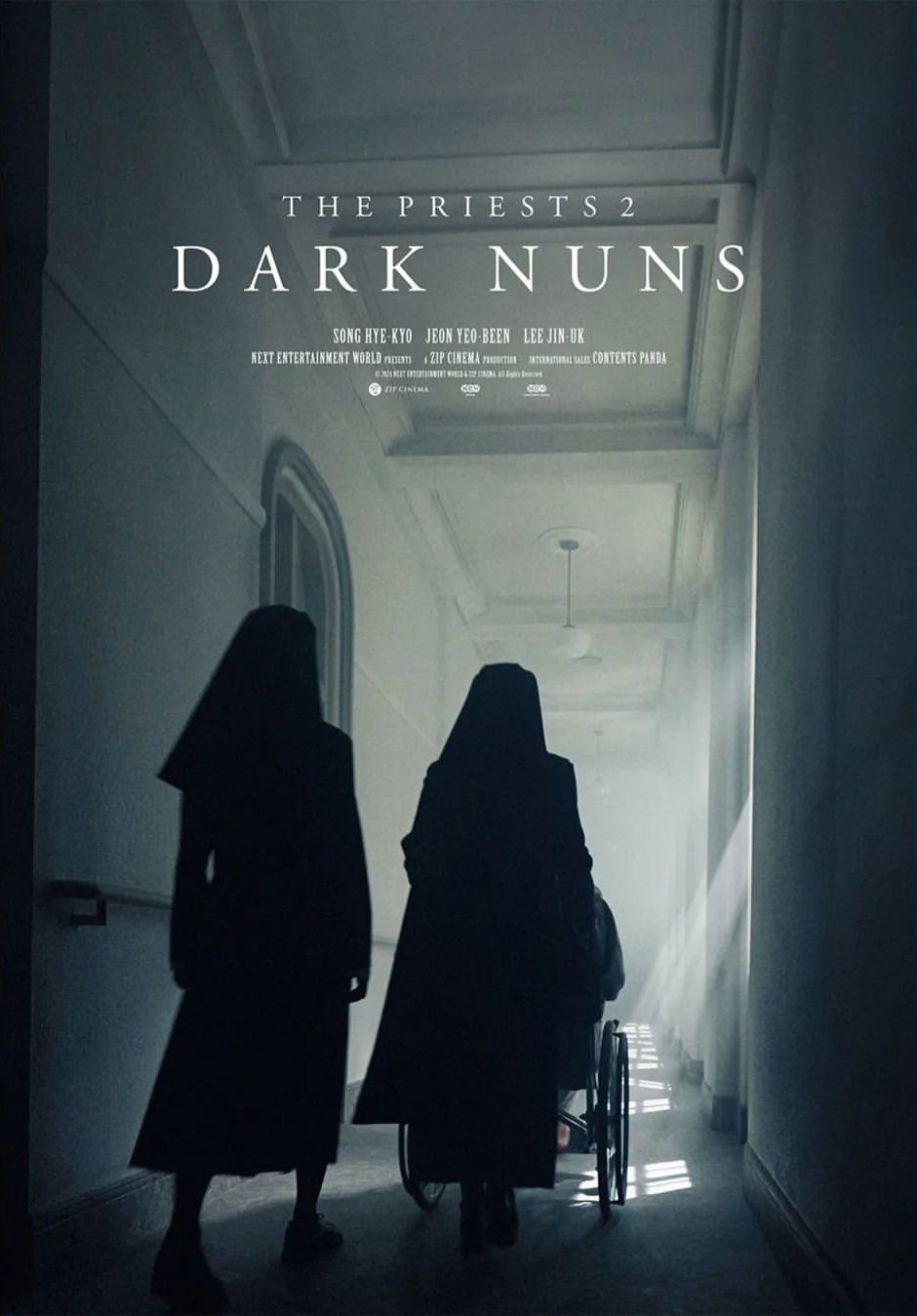
From “The Priests” to “The Wailing,” alongside countless zombie-themed works and “The Cursed,” the realm of K-occult has continued to expand. Last year, “Exhuma” reached a pinnacle in the genre, and “Dark Nuns” has picked up the baton early this year. Western occult films tend to focus on exorcist priests battling possessed individuals, but K-occult incorporates distinctly Korean elements like shamanism while enhancing the battle between light and dark into something almost superheroic.
Dark Nuns can even be seen as a sister film to “The Priests.“ Kang Dong-won’s cameo in priest robes at the film’s end is a clear nod to this connection. Just as Kang’s clerical look became a cultural moment in “The Priests,” Song Hye-kyo’s appearance in a nun’s habit has become the centerpiece of “Dark Nuns.” Even before its release, her bold promotional efforts and audacious quotes drove anticipation for the film to new heights.

From the very start of the movie, Song Hye-kyo grabs the audience’s attention with an image unlike anything she has shown before. Smoking a cigarette, donning a nun’s habit, and carrying a drum filled not with oil but with holy water, she strides confidently to confront a possessed individual. Her sheer boldness leaves viewers wondering, is this really the Song Hye-kyo we know?
“Dark Nuns” follows Sister Junia (Song Hye-kyo) and Sister Michaela (Jeon Yeo-bin) as they work to exorcise a boy named Hee-jun (Moon Woo-jin) who is possessed by an evil spirit. While the surface narrative may not stray far from traditional occult films, its unique elements come into focus upon closer inspection. Most notably, the story centers on nuns taking on a role traditionally reserved for priests, challenging convention from the outset.

Sister Junia has the ability to perform exorcisms, but because she is not a priest, she is denied the official authority to carry out such rituals. This exclusion reflects the perspective of marginalized individuals—those who possess power but are denied acknowledgment due to societal structures. Sister Junia’s companions are in similar positions. Sister Michaela and a former nun-turned-shaman are both capable individuals, yet their abilities are seen more as burdens than blessings. At one point, Junia cynically refers to herself and the others as “crazy b****es.”
Junia’s unapologetic attitude—smoking, cursing, and facing demons head-on—is deeply cathartic. Their struggles as individuals rejected by society for their abilities make their fight against evil all the more compelling. The solidarity they show in their battles resonates with viewers, creating a powerful metaphor: the real “evil” isn’t just the demons but the society that refuses to accept them.

With this context in mind, Song Hye-kyo’s bold promotional approach and striking transformation take on added significance. Her portrayal of a defiant nun—smoking and swearing while dressed in a habit—echoes her own journey as an actress in an industry that often confines women to restrictive roles. Through “Dark Nuns,” she shatters expectations and reclaims her identity as a performer unafraid to challenge convention.
“Dark Nuns” is not just a thrilling occult film; it’s a statement on society’s marginalization of the “other” and the strength found in rebellion. As Song Hye-kyo sets fire to old stereotypes, she emerges as a true force to be reckoned with—both in the movie and in her career.

